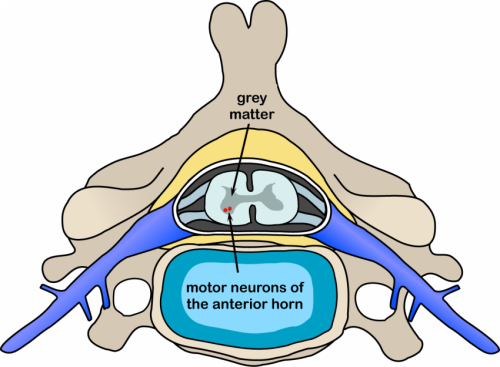Cell scientists slow degeneration in motor neurone mice

Japanese stemcell scientists have succeeded in slowing the deterioration of mice with motor neurone disease, possibly paving the way for eventual human treatment, according to a new paper.
A team of researchers from the Kyoto University and Keio University transplanted specially created cells into mice with amyotrophic lateral sclerosis (ALS), also called Lou Gehrig's, or motor neurone disease.
The progress of the creatures' neurological degeneration was slowed by almost eight percent, according to the paper, which was published Thursday in the scholarly journal Stem Cell Reports.
ALS is a disorder of motor neurones—nerves that control movement—leading to the loss of the ability to control muscles and their eventual atrophy.
While it frequently has no effect on cognitive function, it progresses to affect most of the muscles in the body, including those used to eat and breathe.
British theoretical physicist Stephen Hawking has been almost completely paralysed by the condition.
In their study, the Japanese team used human "iPS"—induced pluripotent stem cells, building-block cells akin to those found in embryos, which have the potential to turn into any cell in the body.
From the iPS cells they created special progenitor cells and transplanted them into the lumbar spinal cord of ALS mice.
Animals that had been implanted lived 7.8 percent longer than the control group without the procedure, the paper said.
"The results demonstrated the efficacy of cell therapy for ALS by the use of human iPSCs (human induced pluripotent stem cells) as cell source," the team said in the paper.
The Japanese government has been heavily pushing research using iPS, which were developed by Kyoto University professor Shinya Yamanaka, a Nobel prize winner.
They have been heralded as a huge breakthrough because their creation does not necessitate the destruction of an embryo, normally the price paid to harvest stem cells.
Their development over recent years has been seen as a big step forward in the field of regenerative medicine, with some suggesting they may one day offer the possibility of a supply of organs for transplant.
© 2014 AFP


















